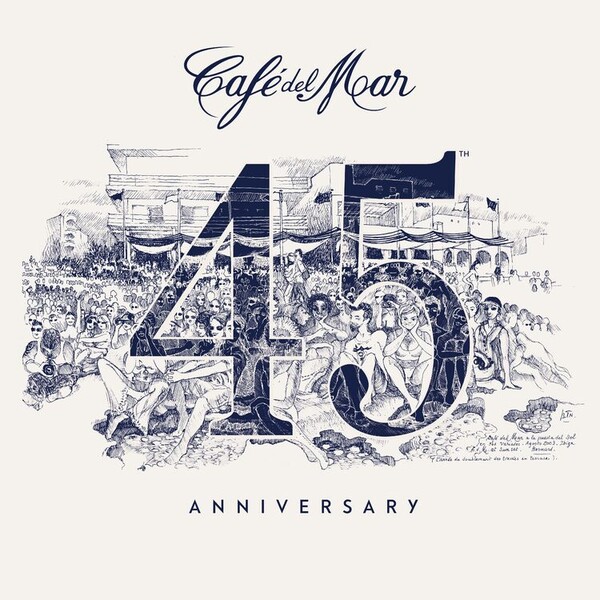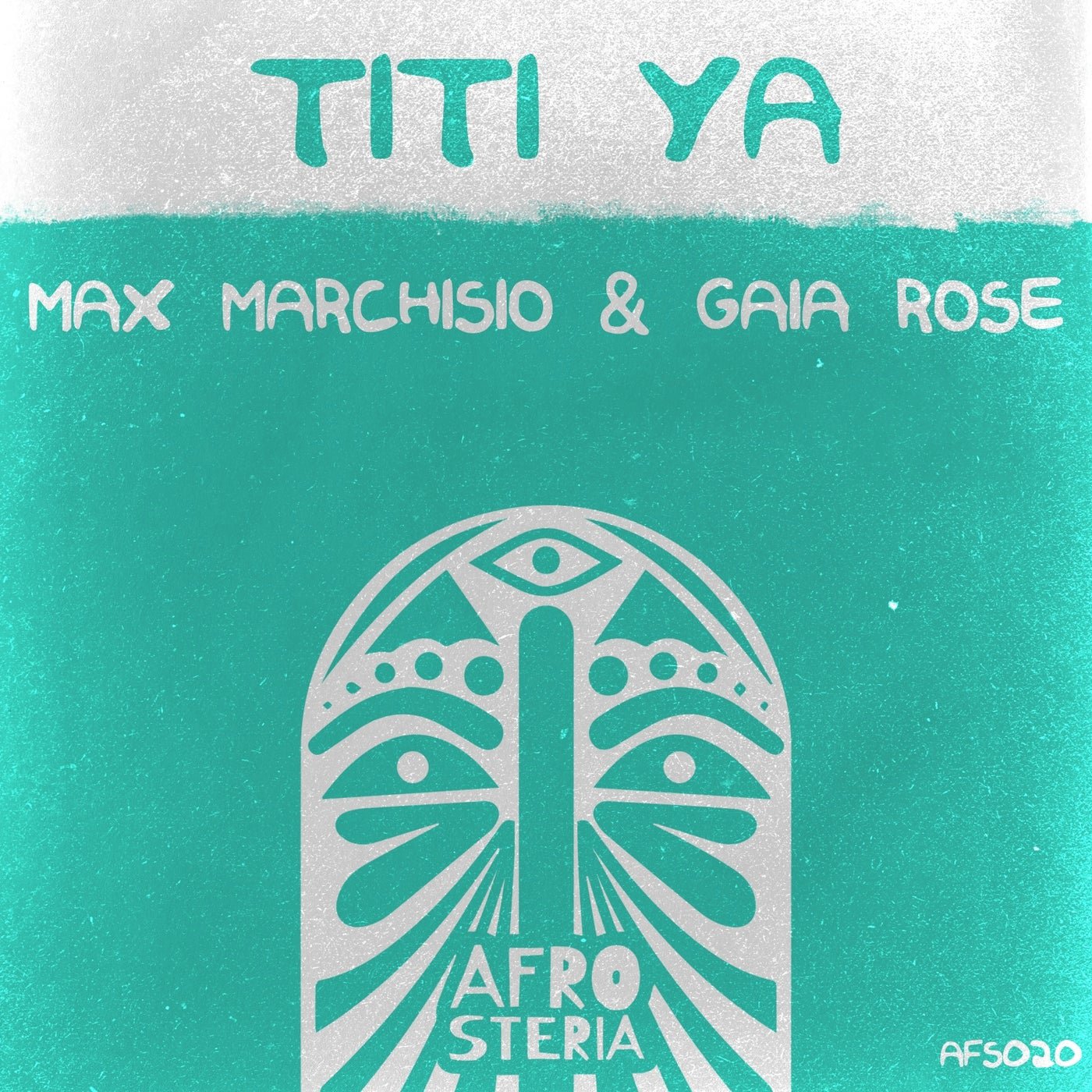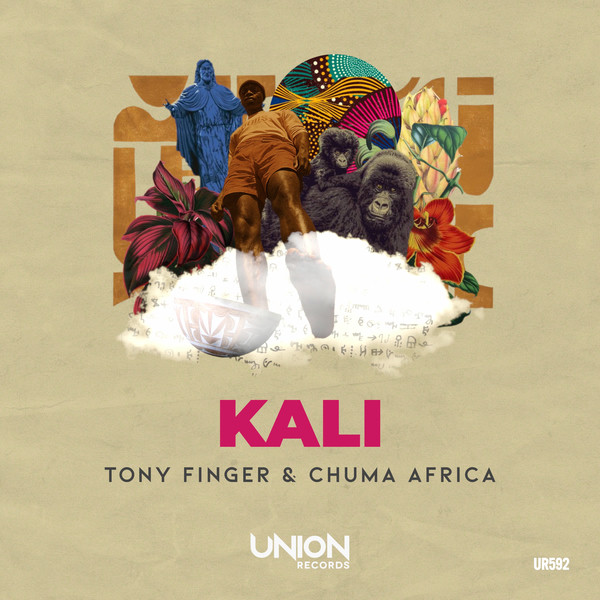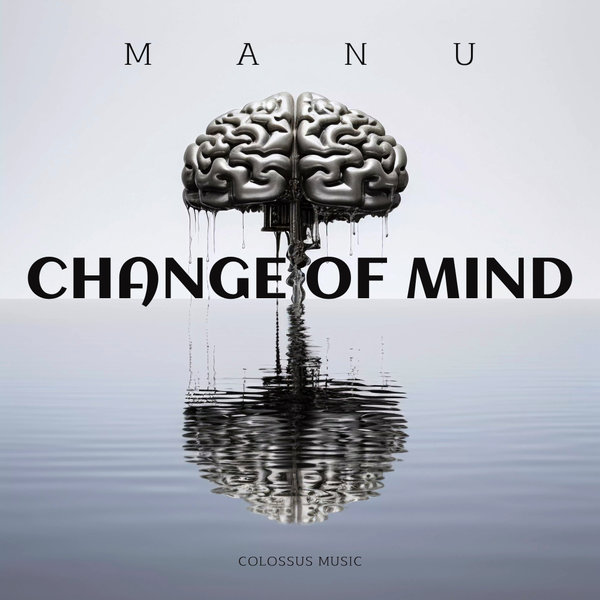Coming in at four hours and 52 minutes, Billy Joel: And So It Goes dives deep into the full legacy of Billy Joel, stories of his early life mingling with tales of his rise to the top, followed by an ever-evolving discography and sound. Plenty of famous faces show up to sing Joel’s praises, while he, his family, and his close collaborators reflect on his ups and downs over the decades he’s been known as the Piano Man.
Directed by Susan Lacy and Jessica Levin (with Joel as a producer) the new HBO documentary could arguably be more revealing than it is, but it does serve nicely as a relatively complete portrait of one of the 20th century’s defining artists. “I don’t think of myself as a rock star — I think of myself as a musician,” Joel says early on, and his passion for the real craft of music, on display countless times over the course of both parts, confirms that.
Below are some of the most notable revelations to come from And So It Goes, from the song he seems least eager to discuss to how he feels about the rumors that he’s had “all these DUIs.”
Billy Joel Doesn’t Love Being on Camera
Seriously — in his first talking head interview at the beginning of the documentary, he says that “I’ve never been comfortable on camera. When you know you’re on camera, like right now, there’s a little bit of an uptight thing going on. Can’t escape. Can’t hide behind the piano.”
That being said, while he’s not able to hide behind the piano, he is seated at a piano for nearly all of his modern-day interviews. It’s a smart choice on the part of the directors, as it allows him to punctuate his thoughts and stories with jaunty little musical asides.
Billy Joel Attempted Suicide Twice in His 20s
Perhaps the documentary’s biggest revelation, first discussed back in June when it premiered at Tribeca, is that when Joel first fell in love with Elizabeth Weber, the woman who would become his first wife, she was already married to Jon Small, Joel’s partner in the band Attila. When Joel admitted to his feelings, the band broke up and Joel fell into a depression that led to him making two suicide attempts, before getting help.
Later, Joel and Weber would reconnect, and they would not only be married from 1973 to 1982, but she would serve as his manager for the key early years of his career. (More about that later.)
Billy Joel Chose Columbia Records of Bob Dylan
When deciding on the right record company to sign with for his second record, Joel picked Columbia Records “because it was the label of Bob Dylan. Bob Dylan wasn’t know as a great record seller, but he was Bob Dylan. I thought, you know what, this is a label that’s continuing to release records by this guy who doesn’t really sell number one albums, but they’re committed to him. I thought I would like to have a career like that.”
“Piano Man” and “The Entertainer” Are Linked on a Meta Level

Billy Joel in 1977 (courtesy of HBO)
“Piano Man” was Joel’s first big hit, inspired by his experiences performing at lounges in Los Angeles while trying to get out of a bad recording contract, and was followed in 1974 by “The Entertainer,” which he explains in the documentary was basically a sequel to the previous song. Or, to be more accurate about it, “The Entertainer” was about the way that “Piano Man” was edited down for radio play. Says Joel, “It was basically autobiographical about putting out ‘Piano Man.’ I was very touchy about that — don’t go chopping my song up. I was starting to become disenchanted with the music business, and ‘The Entertainer’ was my way of complaining about it.”
Joel adds a bit later that “Piano Man” “was about a guy kvetching about playing at a piano bar, and this follow-up is the guy kvetching about having a hit record in the music business. It’s like, alright, I’m doing well, let me screw this up somehow.”
Billy Joel Turned George Martin Down for His Band
By a certain point in the 1970s, Joel had found a band he really enjoyed playing with both live and in the studio, but he hadn’t yet found a producer he really wanted to work with. Then came a meeting with George Martin, who, y’know, produced The Beatles. “My idol,” Joel says in the doc. “Still to this day, I think, one of the greatest producers who ever lived.”
While Martin was interested in working with Joel, the producer had one sticking point: He didn’t want to use Joel’s band. Instead, he wanted to bring in “studio guys,” professional musicians that, according to Joel, are “guys who come in and can read the dots, read the music, but there’s not necessarily a chemistry within that ensemble. Which is very very important, you’ve got to have the chemistry. We were killing it live — let me use my guys.”
So Joel told Martin “Love me, love my band,” and the two parted ways. Eventually, Joel would start working with producer Phil Ramone, with whom he got along right away: “It was like having another musician behind the control board.” Joel also credits Ramone with understanding the band’s vibe at the time, saying that “If the musicians are having fun, you can hear it. it wasn’t smooth, it wasn’t polished, but it was unique. Phil liked that aspect of it. He said ‘It’s kind of rough, but that’s your sound.”

Billy Joel and Phil Ramone in 1978 (courtesy of HBO)

 3 hours ago
3
3 hours ago
3


















 English (US) ·
English (US) ·